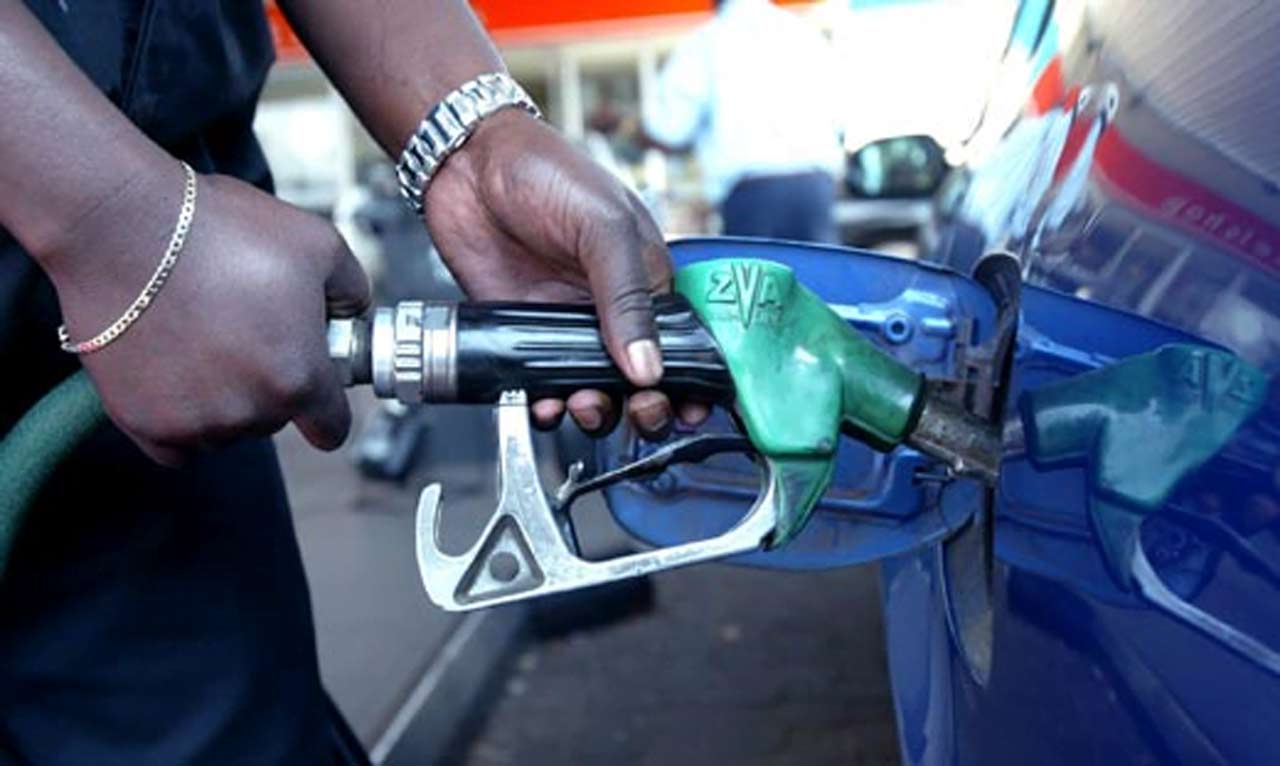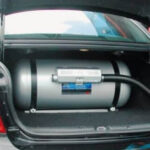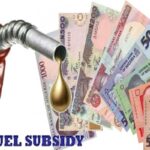In late 1972, oil prices jumped in the world market as production was cut by OPEC members from 5 per cent to 10 per cent and finally to 25 per cent exerting a strain on the economies of most oil-dependent countries including the Netherlands. In the same year, 70 per cent of the oil supply to Europe comes from OPEC and 25 per cent of that quantity passed through the port of Rotterdam in the Netherlands.
In addition to the Netherlands being home to Royal Dutch oil giant Shell, the port of Rotterdam was a major hub for the supply of oil to northwest Europe. On October 21, 1973, the Netherlands was slammed with an oil embargo by the OPEC which prohibit the sale of crude oil to the Dutch nation. The setbacks from the embargo became particularly worrisome for the country’s economy.
Foreseeing the looming oil shortage to sustain her industries and the car-dependent mode of commute, the newly constituted government sought to find alternative solutions to avert economic crises. The then Prime Minister Joop den Uyl’s government imposed a car-free Sundays effective November 4, 1973 among other measures to dampen rising costs from the oil blockade.
The Dutch seized the opportunity by good-naturedly and perseveringly inculcating a bicycle culture into the mainstream transport system gradually becoming a cycling inspiration to the rest of the world. According to the Dutch cycling embassy, “Every year 17.6 billion km is ridden on bike by the Dutch with 50 per cent of all trips to the train station starting with a bike”. Today, the Netherlands has become a global reference to the positivity of cycling and the tripartite benefits of healthier, congestion-free and environmentally friendly commutes.
Subsidy removal: NANS demands reduction in school fees
Fuel subsidy removal: A cycling experience
In a correlated reminiscence, the global oil crises in the 1970s prompted Nigeria to introduce the fuel subsidy to cushion the rising price of goods and services. In 1977 the then military head of state, Gen. Olusegun Obasanjo (rtd), ratified it through the Price Control Decree. Since the discovery of the first oil well at Oloibiri in 1956, there have been only four refineries established between 1965 and 1989 respectively. The refineries (although largely inoperative) in Port Harcourt (Old & New), Warri and Kaduna have a combined capacity of 445,000bpsd which were grossly inadequate for the rising oil demands of the country.
Between 2010 and 2018 the combined refining ranges between 25 per cent – 30 per cent capacity utilization according to data from the Directorate of Petroleum Resources. In a bid to shore up local refining to meet increasing domestic demands, several Turn Around Maintenance of the refineries were embarked upon which failed to boost local supply as anticipated. Obsolete oil sector regulations coupled with a monopoly of the state oil company, roller-coaster crude exports, and selfish interests hindered reforms to tackle the economic reality of the subsidy regime at an early stage.
With increasing population, comatose refineries and higher demand, the refineries consistently failed to meet supply demands. It exceedingly became unavoidable to import these products from Europe. The refined products importation exerted a persistent strain on an already struggling budget, rising external debts and dwindling earnings. According to the Nigeria National Petroleum Corporation Ltd, around N400 billion is spent monthly as subsidy and this “has long been a burden” on the state coffers.
On May 29, 2023, after taking the oath of office, the newly inaugurated president, Bola Ahmed Tinubu, remarked “Fuel subsidy is gone”. Before this announcement, petrol sells at $0.42/litre=N195 and soon after his remarks, the petrol pump price jumped to N537/litre=$1.16/litre.
Nigeria’s current socio-economic outlook has about 80 million people living below the poverty line (i.e., less than $1.90/per day) according to the World Bank. A minimum wage of about $64/month with an 18-year high inflation rate of 22 per cent and a 33 per cent unemployment rate.
According to BBC Hausa news monitored in Abuja on June 10, 2023, “due to increased fuel costs, citizens in the ancient city of Kano had resorted to trekking resulting in a boom for cobbler services”. Similarly, high fuel prices had compelled “students and workers resort to bicycles in Maiduguri” according to the Daily Trust newspaper of July 01, 2023. Africa’s most populous city, Lagos, has been grappling for decades with limited road spaces for fuel-guzzling yearly incremental private car transportation. According to the Lagos State government figures, about 1.6 million vehicles ply the state roads daily (equivalent to 227 vehicles per kilometre of road).
According to a research study published in Nature Communications: Earth and Environment conducted at the University of Southern Denmark, “Transportation accounts for a quarter of global fossil fuel linked emissions, with private vehicles as the main culprits.”
The seemingly bleak figures above demand a transformational and multi-dimensional approach with a cycling alternative as one to tackle them. Nigeria’s oil subsidy removal presented an opportunity to adapt the “Dutch cycling approach of 1973” to potentially spark cycling transportation alternative for a quick fix. Through renewed urban transformation, redesign, re-purpose, re-educate and incentivise the use of bicycles could potentially alleviate the over-dependence on cars in most of our cities creating conditions for a hitch-free commute for all.
The benefits of cycling are immense such as reduced traffic congestion, reduced fuel dependence, reduced air pollution from harmful emissions, increased physical activity, fewer vehicular accidents, new investments and job opportunities. Nigeria’s above-average flat topography in cities such as Lagos, Kano, Port Harcourt, Maiduguri, Makurdi, Sokoto, Aba and the rest makes it attractive for cycling reducing over-dependence on cars.
Recently, the Federal Road Safety Commission through its Oyo and Bayelsa sector commanders, urged Nigerians to embrace cycling to ease the burden of subsidy removal and as a healthier, affordable, sustainable and environmentally friendly means of transportation. Nigeria’s leadership at all levels stands a chance to align with the fast-paced global cycling infrastructure transformation which the next generation may relish at the foresightful leap into a greater future less dependent on cars.
Isa wrote from Lagos via [email protected]

 Join Daily Trust WhatsApp Community For Quick Access To News and Happenings Around You.
Join Daily Trust WhatsApp Community For Quick Access To News and Happenings Around You.

